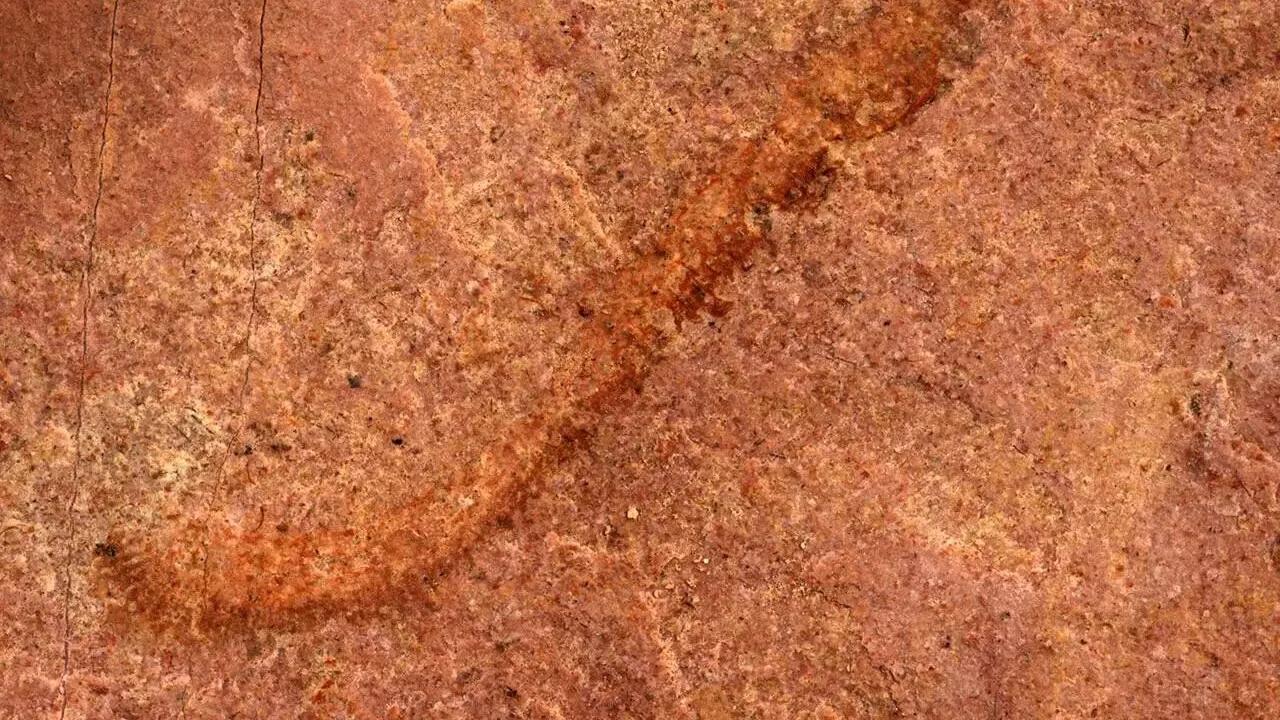Africa-Press – Mauritius. While it was originally presumed that brains do not fossilize, the new research offers evidence to the contrary. A fossil of a creature that existed millions of years ago may have shed new light on the evolution of arthropods’ brains, a study published in the journal Science has suggested.
The fossil was discovered in the Yunnan province of China and belonged to one of the extinct worm-like creatures known as lobopodians that existed during the Cambrian period around 500 million years in the past.
Having studied the remains of the Cardiodictyon catenulum creature, a team of scientists has announced the discovery of a nervous system and brain “comprising three cephalic domains, distinct from the metameric ventral nervous system serving its appendicular trunk.
” Frank Hirth from King’s College London, another author of the research, pointed out that it was previously believed that brains do not fossilize.
“So you would not expect to find a fossil with a preserved brain in the first place,” he added.
“Second, this animal is so small you would not even dare to look at it in hopes of finding a brain.
The researchers argued that their findings help resolve a debate about the origin and composition of arthropods’ heads, with Hirth noting how biologists originally “arrived at supposing the head is an anterior extension of a segmented trunk.”
For More News And Analysis About Mauritius Follow Africa-Press







